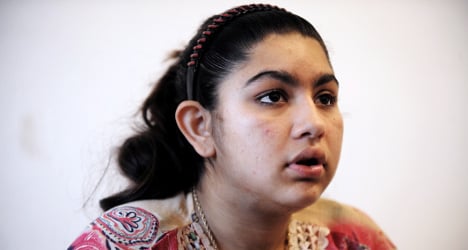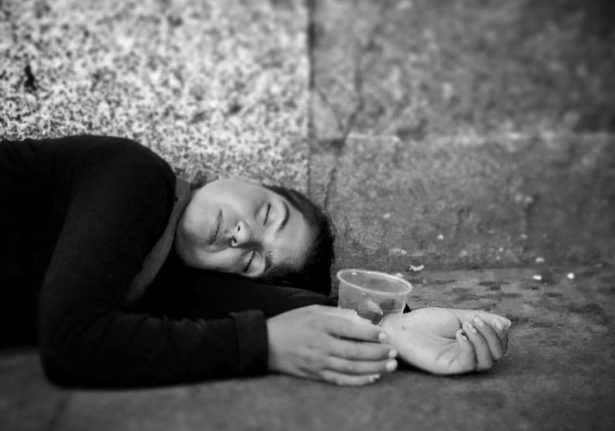A court in the eastern city of Besancon ruled that the public magistrate handling the case had been right in upholding the October 9 expulsion of 15-year-old Leonarda Dibriani, her parents and six siblings to Kosovo.
The Dibriani family can appeal the latest ruling.
The case triggered outrage as Leonarda was taken by the authorities while she was on a school trip.
The public magistrate had on January 7 said the decision by local authorities to deport Dibrianis was justified as they had made no attempt to integrate into French mainstream society.
The magistrate said Leonarda's father Resat, who is of Kosovan origin, had made little effort to find employment, adding that her mother spoke no French.
Resat Dibriani has admitted to lying and saying his entire family was from the former Serbian province, which proclaimed independence from Belgrade in 2008.
But the mother and six of the seven Dibriani children were actually born in Italy, from where they illegally entered France in January 2009. One child was born in France, according to their lawyer.
Resat also provided a forged marriage certificate to try to win asylum in France, which had been refused several times
The deportation of Leonarda had triggered mass student protests demanding that she be allowed to come back and continue her studies.
The backlash landed Interior Minister Manuel Valls in hot water and eventually forced President Francois Hollande into a compromise that would allow just Leonarda back but not the rest of her family. The family rejected the offer.
A formal probe into the deportation found it was lawful but that police could have used better judgement in the way they handled it.







 Please whitelist us to continue reading.
Please whitelist us to continue reading.
Member comments